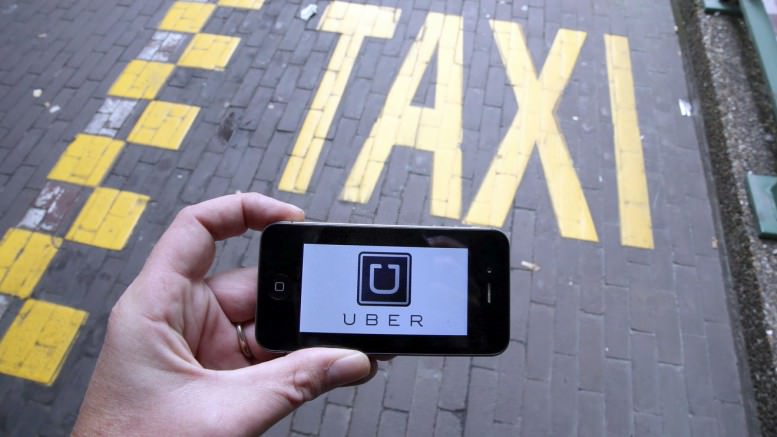It’s easy to jump to the conclusion that the bankruptcy filing of Yellow Cab of San Francisco — located in the hometown of both Uber Technologies Inc. and Lyft Inc. — is due to the fierce competition from the heavily financed ride-hailing app companies. But the reality is a bit more nuanced.
Ultimately, the Chapter 11 bankruptcy filing of Yellow Cab of San Francisco on Friday is actually a warning to the disruptive newcomers that their independent contractor business model — already under attack in a class-action lawsuit — is not necessarily a shield from costly litigation or million-dollar lawsuits.
Last June, a San Francisco jury found a cab driver was an “ostensible employee” and that Yellow Cab was liable for an $8 million award to a passenger, Ida Fua, injured in a collision that left her paralyzed on one side, unable to work. According to a creditor’s list filed along with Yellow Cab’s voluntary petition for Chapter 11, its estimated liabilities were more than $10 million, and included several large judgments against it, but obviously Fua’s seems to stand out in size.
Yellow Cab Cooperative Inc. of San Francisco said in a statement on Friday that “there are material tort liabilities, and tort liability exposure, that were incurred and arose during the period in which Yellow Cab was self-insured, for which it lacks the resources to pay.”
Uber and Lyft — as well as Sidecar until it shut down at the end of last year — have disrupted the transportation business by making it easy to hail one of their approved drivers with a smartphone app. The preponderance of “independent contractors” using their own cars to drive for Uber and Lyft has also made it far easier to get regulated taxis, which have fought the entry of Uber and Lyft into their turf. The rivalry has also led to more inexperienced drivers on the road.
In Fua’s case against Yellow Cab, the cab company sounded a lot like Uber in its depositions, according to the San Francisco Chronicle. Yellow Cab argued that the accident that injured Fua was entirely the driver’s fault, that he was not an employee of Yellow Cab and that the cooperative bore no legal responsibility. But the judge disagreed.
Yellow Cab said it will continue its operations and that its filing was “an attempt to restructure its (primarily tort-related) debts, particularly in view of the judgment enforcement efforts undertaken or threatened by tort creditors.” The move by Yellow Cab in San Francisco also mirrored a step taken by Yellow Cab in Chicago, which also filed for Chapter 11 protection last year, due to a $26 million jury verdict against it.
You can be sure that still privately held Uber and Lyft and their investors were watching those cases closely. Now both highly valued companies know those massive war chests may be needed for other purposes beyond expansion.
More from MarketWatch
Source: www.marketwatch.com





Be the first to comment on "Uber and Lyft Didn’t Bankrupt Yellow Cab, and They Could Hit Same Pothole"